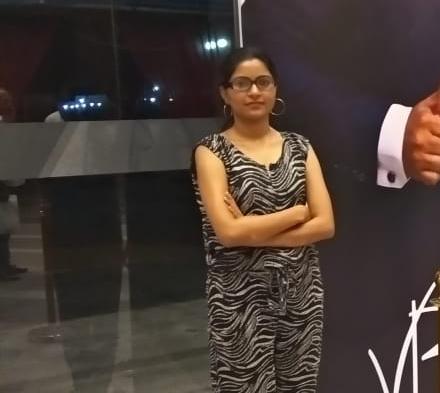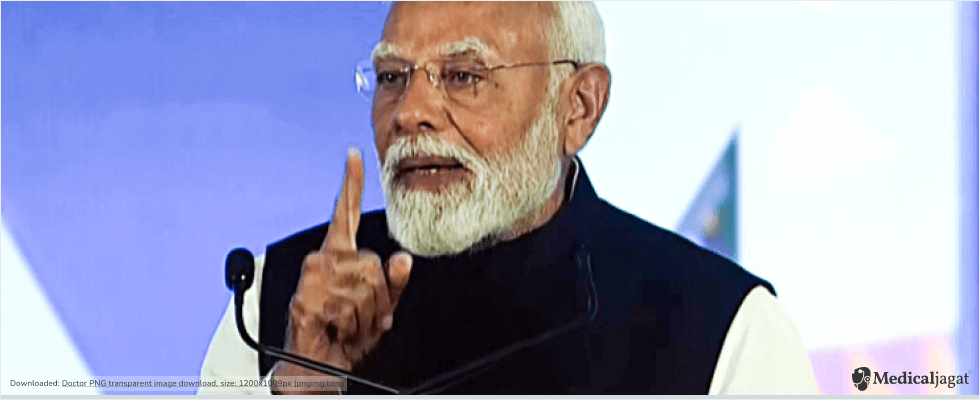
Maharashtra Reports 91 Cases of New FLiRT COVID-19 Variant
Maharashtra has recorded 91 cases of the new FLiRT COVID-19 variants, accounting for more than a third of similar cases in the United States. Despite the rising numbers, top experts have reassured the public that there is no immediate cause for concern.
Variant Details:
The new FLiRT variants, including KP.1.1 and KP.2 strains, are named based on the technical names of their mutations. One includes the letters "F" and "L," and the other "R" and "T.".
Genome sequencing from March and April identified 91 cases of KP.2 in Maharashtra. Pune reported 51 cases: Thane 20, Amravati 7, Aurangabad 7, Solapur 2, Ahmednagar 1, Nashik 1, Latur 1, and Sangli 1.
Expert Insights:
Dr. Ishwar Gilada, an infectious disease expert, stated, "What we see now is the result of genome sequencing from the last two months, that is, March and April. There is no cause for concern immediately, as out of the 91 cases, not a single death, hospitalization, or severe disease has been reported." He also noted that the test positivity rate is around 1%.
Dr. Rajesh Karyakarte, Maharashtra’s genome sequencing coordinator, added that KP.2 has become the predominant COVID-19 strain in the state. Despite this, there hasn’t been an increase in hospitalizations or severe cases.
FLiRT Variant Characteristics:
FLiRT variants, part of the highly transmissible and immune system-evading Omicron lineage, first appeared globally in January. KP.2 is a descendant of Omicron’s JN.1. According to the US Centers for Disease Control and Prevention, KP.2 accounted for about 25% of new sequenced cases in the US in late April.
Symptoms of these variants typically include a sore throat, runny nose, congestion, tiredness, fever (with or without chills), headache, muscle pain, and sometimes loss of taste or smell.
Reassurance from Health Experts:
Dr. Gilada emphasized, "COVID has not gone away, but it is not creating any havoc. It is not creating any hospitalizations or deaths, and it is much milder than the flu. It should not be considered a separate disease but like the flu, and we can call it Covi-flu." He also called for proper whole-genome sequencing.
- He noted that although the variant will become more prominent in numbers, it is not causing a surge in demand for oxygen, beds, ICUs, or ventilators, and there have been no deaths. "So, I think we should not be worried and concentrate on other emerging health problems," he added.
The situation highlights the importance of continued vigilance and monitoring but also reassures the public that the new FLiRT variants are not currently causing severe health impacts.















